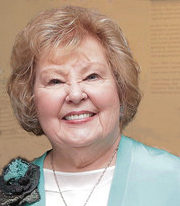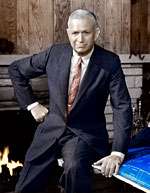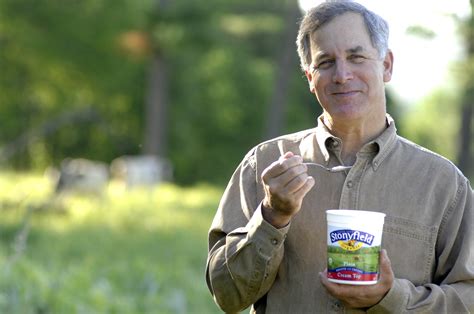A Quote by Ernest Sosa
In competitive archery, risk assessment has minimal bearing on quality of performance, since the archer has so little choice over shot selection. By contrast, in a hunt, shots vary in quality according to how well selected they may be.
Related Quotes
In my view there is a level of human knowledge that involves just getting it right aptly. This "animal" epistemic level is an inferior level in just the way of Diana's long shot in the dark while drunk. That shot is inferior in a certain respect if too poorly selected as a hunter's archery shot, even if not quite as poorly selected as would be a shot aimed at the moon. Even if Diana's too risky shot turns out to be apt by attaining success through sublime archery dexterity, it is still inferior in the particular respect of being so risky and hence so poorly selected.
If a shot aimed at aptness succeeds aptly, it is then fully apt, since it is not only apt but also aptly apt. But the full aptness of such an attempt is entirely compatible with its being a horrible murder, if the "hunter" is an assassin and the prey his victim. That hunter's shot may still be outstandingly, fully apt, if it manifests the agent's competence in both archery dexterity and shot selection.
Attempts are found in domains of human performance, such as sports, games, artistic domains, professional domains like medicine and the law, and so on. These feature distinctive aims, and corresponding competences. Archery, with its distinctive arrows and targets, divides into subdomains. Thus, competitive archery differs importantly from archery hunting.
Affirmations are quality ideas and quality thoughts. The quality of our thoughts reflects the quality of our life. Hence, if we were to raise the quality of our thoughts, we would automatically improve the quality of our life Affirmation literally means to validate or confirm. So when we think a thought over and over again, we are validating or confirming it as the truth Using affirmations on a daily basis is one of the easiest things we can do to change our lives.
The time to hurry is in between shots. It's not over the shot. It's timing how people walk. You have to add that to the equation. If you've got somebody walking slow and they get up to the shot and take their 20 seconds, what's the aggregate time for them to hit that shot in between shots? That's what really matters. It's not the shot at hand.
Quality doesn't mean deep blacks and whatever tonal range. That's not quality, that's a kind of quality. The pictures of Robert Frank might strike someone as being sloppy-the tone range isn't right and things like that-but they're far superior to the pictures of Ansel Adams with regard to quality, because the quality of Ansel Adams, if I may say so, is essentially the quality of a postcard. But the quality of Robert Frank is a quality that has something to do with what he's doing, what his mind is. It's not balancing out the sky to the sand and so forth. It's got to do with intention.
Expected outcomes contribute to motivation independently of self-efficacy beliefs when outcomes are not completely controlled by quality of performance. This occurs when extraneous factors also affect outcomes, or outcomes are socially tied to a minimum level of performance so that some variations in quality of performance above and below the standard do not produce differential outcomes
When environments change, they usually do so pretty rapidly, at rates with which adaptation by natural selection would be hard put to keep up. When such change occurs, the quality of your adaptation to your old habitat is irrelevant, and any competitive advantage you might have had may be eliminated at a stroke.




































